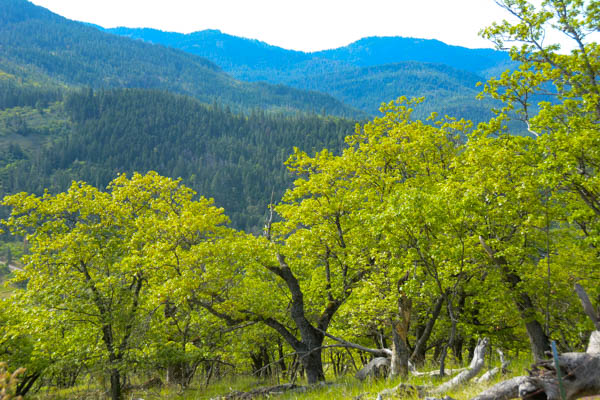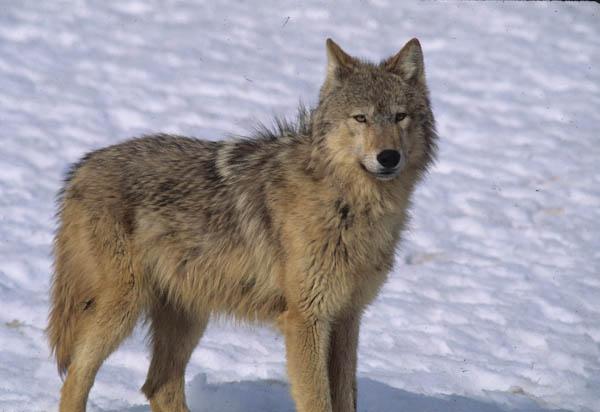Oregon
-
On April 24th, 2024, the Vermont Law and Graduate School and Wild Horse Fire Brigade sent a letter to the Bureau of Land Management’s (BLM) District office in Medford, Oregon, proposing a collaboration between the Wild Horse (feral) Fire Brigade and the BLM to reduce wildfire threat through feral horse grazing on the Cascade-Siskiyou National…
-
Recently, Rep. Cliff Bentz discussed wolf management in a forum in Pendleton, Oregon. Bentz represents Oregon’s second district, which includes nearly all of eastern Oregon. During his presentation, Bentz is reported in an article in the East Oregonian to have made several misleading statements about wolves and their impact on game animals. For example, Bentz…
-
Thinning/logging at Newberry Crater National Monument, Deschutes National Forest, Oregon. Photo George Wuerthner One of the arguments alleged by proponents of thinning or logging forests is that it will reduce the size of wildfires and hence carbon emissions from blazes. Proponents argue that more trees survive a fire if there has been “active forest management.”…
-
Hardly a day goes by when we don’t hear in the media and from the Forest Service that fire suppression is responsible for the intensity and size of wildfires. According to proponents, a “hundred years of fire suppression” has permitted the build-up of fuels, and by their assertion, more fuel results in larger conflagrations. However,…
-
The 400,000-acre Bootleg Fire created a mosaic burn pattern from unburned to high severity. Photo George Wuerthner The Capital Press, an Agricultural emphasis newspaper, recently ran a story about the 400,000-acre Bootleg Fire and the influence of forest management on the fire’s impact upon trees. In particular, the 26 Nov 2021 issue story titled Lessons…
-
Clearcut and thinning near Susanville, CA failed to halt the spread of the Dixie Fire. Photo George Wuerthner I recently got a message from Oregon Senator Merkley announcing that he supported more thinning and logging of our forests to reduce large wildfires. The irony is that logging/thinning is a primary source of Greenhouse Gas Emissions…
-
Subsidized logging in the name of fuel reductions on the Deschutes National Forest in Oregon. Logging accounts for 35% of Greenhouse Gas Emissions in Oregon. Photo George Wuerthner Congress just passed the big infrastructure bill, and I expect President Biden will sign it—maybe before you read this commentary. Funding is for numerous projects including…
-
The Bootleg Fire in southern Oregon spread across 400,000 acres, burning in a mosaic pattern of burned, lightly burned and unburned areas. Photo George Wuerthner As another summer of large fires spread across the West including the Dixie Fire in northern California and the Bootleg Fire in southern Oregon, advocates of “active forest management” have…

